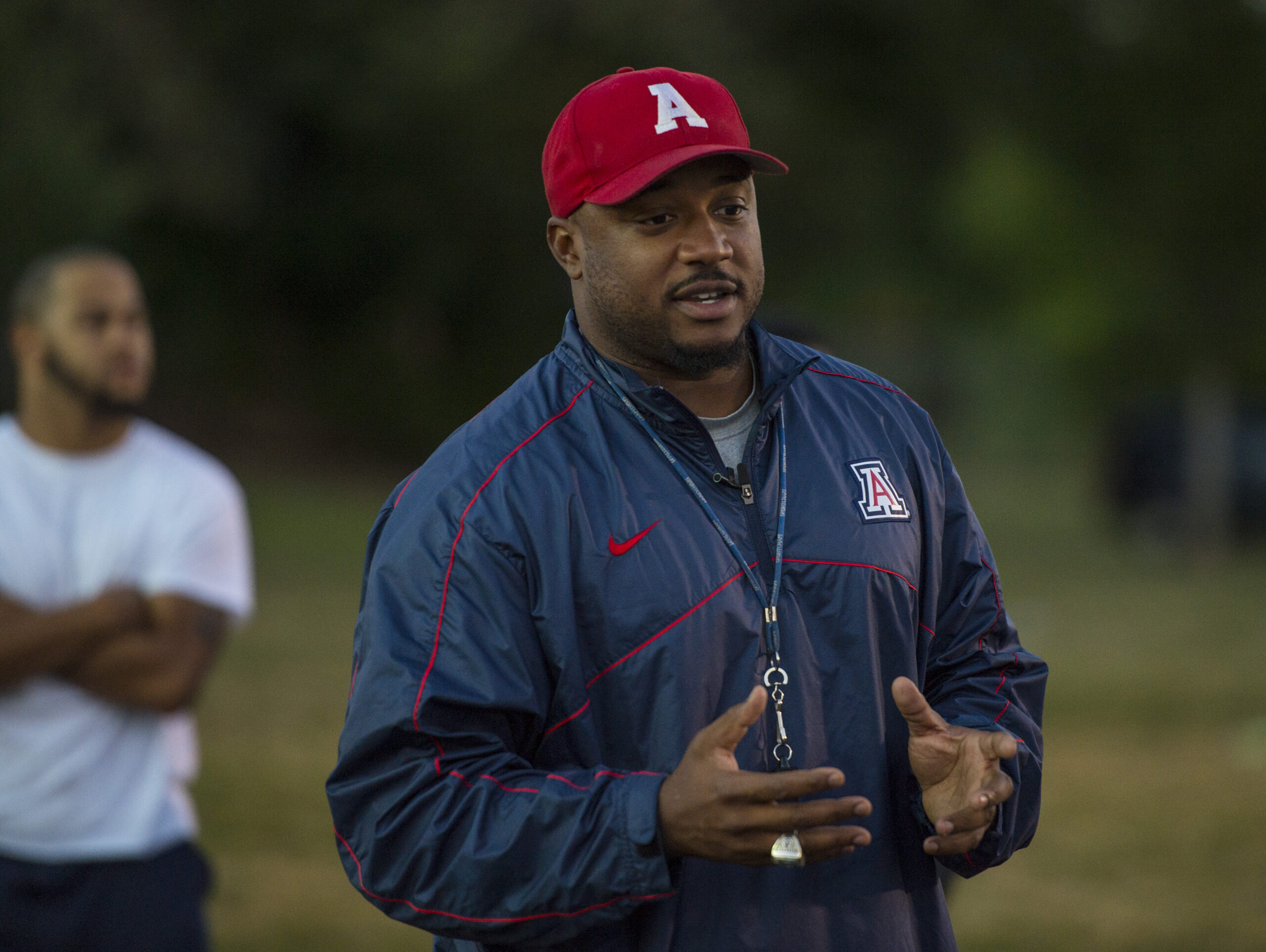A few weeks ago, a Huffington Post blogger opined on whether HBCUs could still survive without, "the struggle." The column touched on salient points, but the struggle is still real for both students and universities. Now, it's shifted into an economic issue. As tuitions have risen across the nation, amidst the economy stalling for middle class and lower-income housholds, the mission of HBCUs has grown more difficult and more important. Unfortunately, even they've fallen upon hard economic times.
Howard University isn't immune either, after a report published Friday laid out the harsh financial situation for the D.C.-based HBCU.
Via Washington Post:
“Howard will not be here in three years if we don’t make some crucial decisions now,” Renee Higginbotham-Brooks wrote in a letter dated April 24, which the Chronicle of Higher Education published on its Web site.
Among the concerns Higginbotham-Brooks cited were competition for students from less expensive public colleges, the possibility of a reduction in federal appropriations, expenses associated with the university’s hospital, the absence of a robust fundraising system to offset declines in tuition revenue and a university workforce that she said is too large.
The letter also laid blame for the university's situation on the poor performance of President Sidney A. Ribeau, who assumed his office in August 2008 after 13 years at Bowling Green University.
In her letter, Higginbotham-Brooks accused Ribeau of “lackluster job performance” and said the “partnership” between Ribeau and Rand “has not served us well.”
UPDATE: Howard University's Board of Trustees Chairman, Addison Barry Rand has disputed claims of the university's exaggerated financial woes and claims the school "remains academically, financially and operationally strong." –via Washington City Paper



